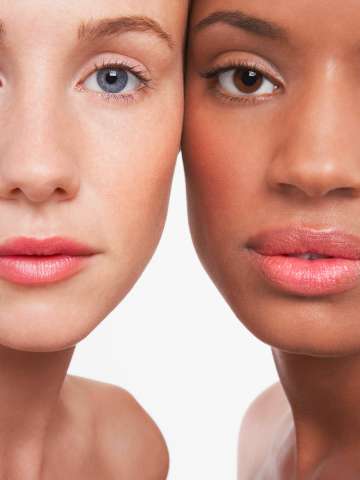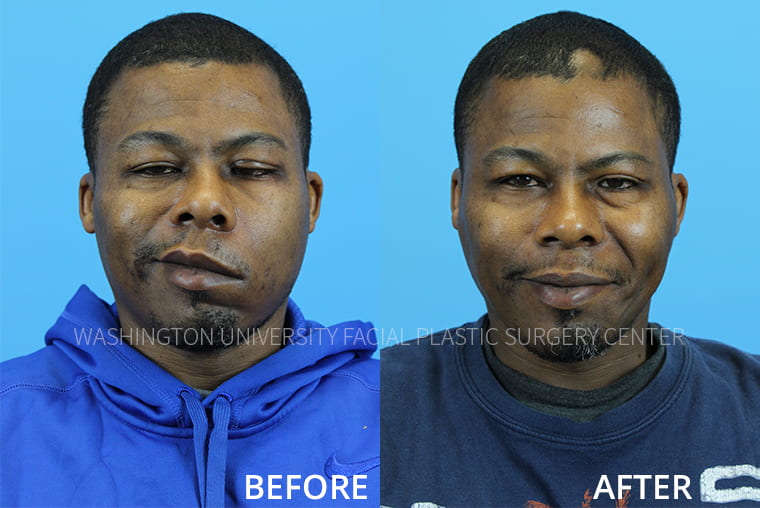A Deep Dive Into the Typical Validation for Seeking Plastic Surgery: Unboxing the Desire for Adjustment and Self-Improvement

Societal Stress and Appeal Specifications
Regularly, societal pressures and dominating beauty criteria play a significant role in individuals' decisions to pursue plastic surgery (liposuction bellevue). In contemporary society, aesthetic representation heavily affects personal understandings of attractiveness, usually perpetuated by media, celebrity endorsements, and social systems. These channels regularly advertise idyllic versions of charm, leading people to internalize these criteria and review their self-worth versus them

Furthermore, these pressures are not limited to certain demographics; they affect individuals across different ages, sexes, and backgrounds, highlighting the prevalent nature of appeal standards. This extensive impact increases essential questions regarding the values of cosmetic surgery and the effects of societal criteria on individual options. Ultimately, recognizing these pressures is critical for promoting a more comprehensive interpretation of beauty that commemorates diversity.
Personal Experiences and Transformative Stories
Lots of individuals that undertake cosmetic surgical treatment report transformative experiences that prolong beyond simple physical modifications. For numerous, these procedures work as a stimulant for enhanced self-worth and a restored feeling of identity. Clients often define sensation freed from long-lasting instabilities, causing boosted self-confidence in both individual and expert worlds.
Take, for instance, the story of a young female who went through bust enhancement after years of sensation uneasy about her look. Post-surgery, she reported not only a newly found convenience in her body however additionally a significant enhancement in her social life and job possibilities. Similarly, a middle-aged guy that selected to undergo a renovation shared how the procedure renewed his expectation on life, triggering him to seek new rate of interests and relationships.

Emotional Factors Behind Plastic Surgery
Many mental factors add to the choice to go through plastic surgery, mirroring deeper psychological and mental health considerations. People frequently seek surgical enhancements as a method to address sensations of inadequacy, low self-esteem, or discontentment with their look. These emotional motivations can be rooted in past experiences, social comparisons, or personal desires.
Body picture distortion is a widespread problem, where people view their physical features in an exaggeratedly negative light. This distortion can result in obsessive thoughts about viewed imperfections, motivating the need for surgical change as a remedy. Additionally, the quest of perfection and societal stress can intensify these sensations, pressing people toward aesthetic procedures in hopes of achieving an idyllic version of themselves.
In addition, the principle of self-improvement plays a crucial function. Many people watch plastic surgery as a path to improve their high quality of life, believing that enhanced look will certainly cause increased social acceptance, better relationships, or boosted occupation possibilities. Ultimately, the psychological elements behind cosmetic surgery emphasize the complicated interplay in between specific self-perception and external influences, revealing the complex nature of the need for adjustment.
The Duty of Media in Assumption
In today's culture, media plays a crucial role fit understandings of charm and self-respect. Through different platforms-- social media sites, television, and advertising and marketing-- idealized standards of elegance are typically disseminated, affecting private ambitions and self-image. These representations often highlight slim meanings of attractiveness, mostly featuring youthful, slim, and electronically enhanced photos, which can create resource impractical benchmarks for people aiming to adapt.
The effect of media is more exacerbated by the pervasive nature of social media, where customers are pestered with curated material that highlights cosmetic improvements, supporting a culture of contrast. This continuous direct exposure can result in sensations of inadequacy among audiences, motivating them to take into consideration cosmetic surgical procedure as a way of achieving the perceived ideal. Research study shows that individuals that involve with these media depictions are extra most likely to share dissatisfaction with their appearance, reinforcing the need for surgical interventions.
Furthermore, the normalization of plastic surgery in media narratives can desensitize audiences, framing such procedures as commonplace and even necessary for social approval. Hence, the media's portrayal of beauty not just affects private selections concerning cosmetic surgery yet also adds to a wider societal dialogue concerning self-regard and identity.
Future patterns and honest factors to consider
In the middle of the growing popularity of cosmetic surgical treatment, ethical considerations bordering the method have become significantly noticeable. As the demand for procedures rises, so too do worries pertaining to notified permission, the emotional motivations of people, and the potential for exploitation by surgeons. It is vital for practitioners to make certain that people totally recognize the dangers and advantages, as well as the implications of their choices, to cultivate an accountable strategy to cosmetic enhancements.
Moreover, the impact of social media and beauty criteria questions regarding the effect on psychological wellness, particularly among at risk populaces. As recognition of body photo issues expands, ethical technique demands a careful assessment of the motivations behind medical treatments. Doctors have to balance individual wishes with ethical responsibility, ensuring that decisions are rooted in real self-improvement instead than societal pressures.
Looking to the future, fads may shift towards non-invasive and technologically advanced procedures, emphasizing patient safety and complete satisfaction. In addition, the unification of emotional assessments could help resolve underlying problems prior to medical intervention. The cosmetic surgery field should adapt to these honest difficulties while promoting a culture of transparency and self-acceptance, inevitably prioritizing the health of patients.
Conclusion
To conclude, the pursuit of plastic surgery is influenced by a convergence of social stress, personal liposuction bellevue experiences, and psychological aspects. The need for placement with prevailing appeal requirements, paired with the capacity for transformative end results, highlights the complicated inspirations driving people toward these procedures. Furthermore, the duty of media fit perceptions of appeal can not be understated. As moral considerations evolve, future fads in cosmetic surgical procedure will likely show recurring social dialogues surrounding self-improvement and private identification.
Frequently, social pressures and prevailing charm standards play a considerable duty in individuals' decisions to seek cosmetic surgery. liposuction bellevue. Eventually, these transformative stories highlight the complex reasons people look for cosmetic surgery, linking personal growth with the search of aesthetic enhancement
Many individuals watch cosmetic surgery as a path to improve their high quality of life, believing that enhanced look will certainly lead to boosted social acceptance, much better relationships, or boosted occupation chances. Eventually, the emotional elements behind cosmetic surgery highlight the intricate interplay in between private self-perception and exterior influences, disclosing the complex nature of the wish for adjustment.
As ethical factors to consider progress, future trends in cosmetic surgery will likely show ongoing societal discussions surrounding site web self-improvement and individual identification. liposuction bellevue.